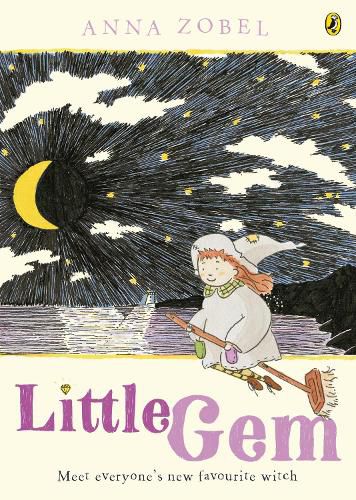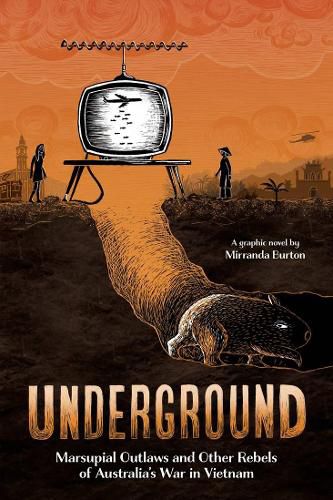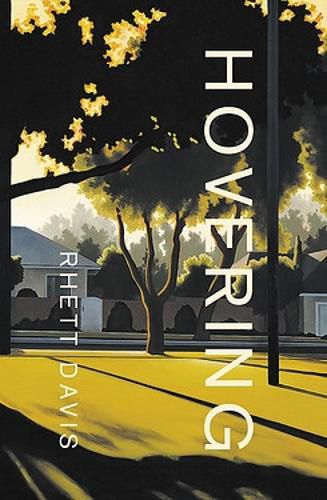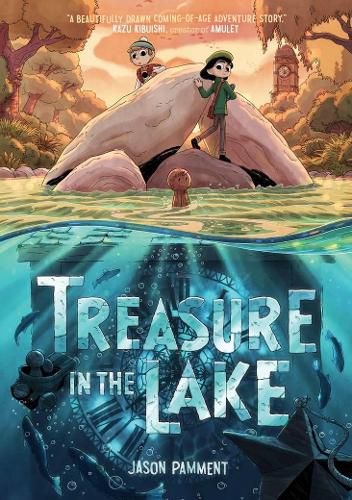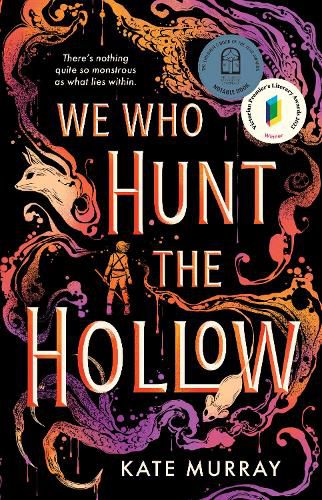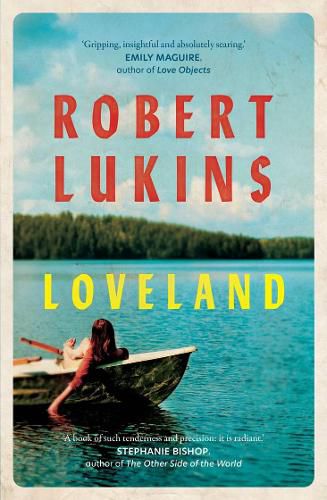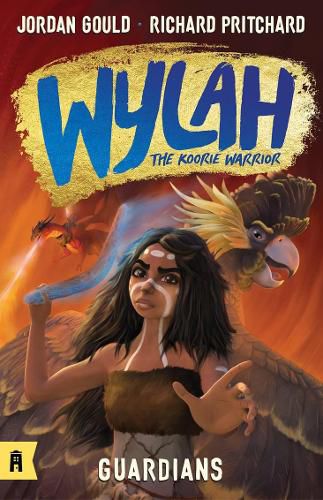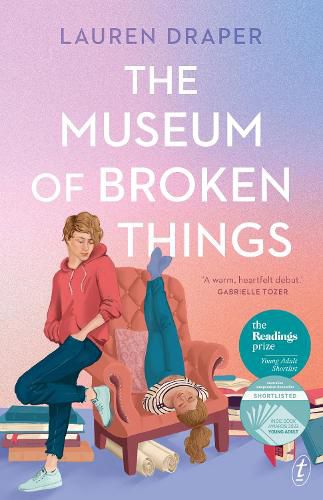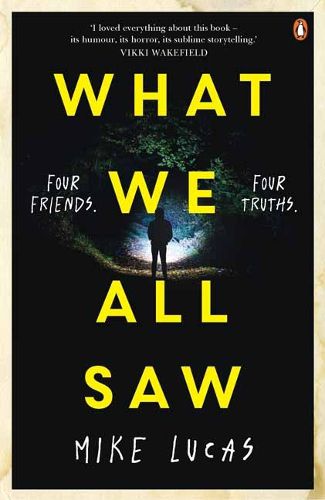The winners of the Readings Prizes will be announced later tonight. Below, a number of this year's shortlistees discuss their pathways to publishing.
Anna Zobel (Little Gem, shortlisted for the Children’s Prize):
I began writing and illustrating in earnest during my teaching degree. I wrote a pretty horrid historical fantasy novel in 2017, which was maybe the second full-length novel I’d written, and I shopped it around to a few agents and publishers. I sent an email directly to the Penguin Random House (PRH) slush pile account and they got in contact around seven months later – I was so surprised I fell off the bed. They were very polite about the book, and said nice things about my writing; they asked if I had anything else they could see. I sent them everything, including my illustrations, and we went from there. Then the team at Scribble found my Instagram account about six weeks after that and also sent me an email. It was a very exciting period. It really validated my decision not to go into teaching full-time.
Mirranda Burton (Underground, shortlisted for the Young Adult Prize):
The foundation for Underground was a children’s book manuscript called The Wombat Who Wouldn’t Do Combat. I pitched it at a workshop led by publishers from Penguin and Allen & Unwin (A&U). Erica Wagner from A&U then pitched it to her team, who suggested the story be for an older reader. I soon had five years’ of work cut out for me.
Rhett Davis (Hovering, shortlisted for the New Australian Fiction Prize):
Towards the end of my creative writing PhD I entered my manuscript in the 2020 Victorian Premier’s Literary Award for an Unpublished Manuscript. A few months later I was having a miserable time at an academic conference in Sydney – punctuated nicely when someone I’d tried to talk to corrected my pronunciation of Sebald and abruptly walked away – and I was convinced I’d spent three years writing an unpublishable novel. It was the middle of that awful fire season in late 2019 and there were a lot of worried people. I was on the balcony pretending there was something important on my phone as this apocalyptic smoke-red sky blanketed the city. An unknown caller rang my phone. Who picks up unknown numbers? Not me. I listened to the message, thrilled that for a brief moment I had something to actually do on my phone, and heard that it was from The Wheeler Centre. I called back and after a few introductions they told me I was shortlisted for the award, and everything changed. I walked back into the conference a little lighter. I signed with my agent in December, won the award in January, met with publishers in February, signed with Hachette in March, and Hovering arrived two years later after a bit more work and some minor issues with table formatting (completely my fault).
Jason Pamment (Treasure in the Lake, shortlisted for the Children’s Prize):
I pitched an early version of the book directly to a US publisher in 2013 (yes, this book took a long time to make!) I was offered a small contract, but it was not anywhere near what would be required to work on the book exclusively for more than a month or two. So instead I decided to just very slowly make the book outside of my regular animation work, and see about getting it published when it was done. I wasn’t sure if this was a silly thing to do. If the artwork looks complete, a publisher may be hesitant to request revisions and may simply pass. However it ended up being a good move. With a complete graphic novel, it was enough to convince my agent, Sara Crowe, to represent me and for a few publishers to bid on the book, which secured me a much better deal.
Kate Murray (We Who Hunt the Hollow, shortlisted for the Young Adult Prize):
I had been chasing publication for a while without much success, collecting a nice pile of rejections. I was finishing up edits on We Who Hunt the Hollow when I learned that the submission window for the 2020 Ampersand Prize, with Hardie Grant Children’s Publishing, was going to open soon. It felt like the stars had aligned that I had a YA story almost ready to submit. I adored In the Dark Spaces by Cally Black, which had won the Ampersand Prize before, and I thought if they loved In the Dark Spaces then perhaps they might like my story too. So I finished my edits, submitted it, and crossed my fingers. And then, to my joy, my story was shortlisted, and they ultimately gave me an offer of publication – for the sequel too! (Coming 2023!) Hardie Grant Children’s Publishing have been so amazing to work with as we brought my story to life as a real book – the whole team is so lovely.
Robert Lukins (Loveland, shortlisted for the New Australian Fiction Prize):
In short, it was pure luck. I’ve been writing ever since I can remember; a novel a year since I was about 14. But these were just private things – I never sent any of them out to be read or seek publication. I just toiled away and hoped I would eventually figure out something about writing. One day, on not much more than a whim, I finally sent out a manuscript and it sat in a publisher’s slush pile for about 18 months. Then, miraculously, somebody read it and offered to publish it. Being a published writer started from that single moment of unexpected good fortune and I try to never forget how lucky I’ve been.
Jordan Gould & Richard Pritchard (Wylah, shortlisted for the Children’s Prize):
R: The Kickstarter campaign was amazing. Jordan and I had worked pretty hard to develop the Kickstarter video and campaign. The first thing we did was ask for permission from Jordan’s Peek Whurrong tribal elders. They gave us their blessing to use their tribal name and culture. We raised over $20,000 from over 200 backers and six countries around the world. This sparked national coverage and many publishers became interested in Wylah. We felt Allen and Unwin was the perfect home for Wylah and it’s been amazing working with them.
J: Even though Kickstarters are mainly used to fundraise projects, we really wanted to use it to see how people would react to the idea of Wylah. Once we received the amazing responses on the campaign, we went full steam ahead with the story.
Lauren Draper (The Museum of Broken Things, shortlisted for the Young Adult Prize):
I’d been following the Text Prize for a few years, and always had the vague ambition to enter if I ever had a finished manuscript. I was actually working on a completely different project that wasn’t eligible at the time, but it kept stalling and I was losing momentum – and I kept thinking how fun it would be to work on a contemporary manuscript that would let me use my own voice and local settings. Occasionally, I’d scribble some ideas down, but I was missing a few key pieces and didn’t feel like I was ready to actually start writing. Then I saw the opening dates announced and thought, ‘you know what? I’ll just find those pieces as I go’. So I started writing and set myself the absolutely insane deadline of six months to finish the whole manuscript and submit to the prize. I honestly didn’t expect to ever hear back, and thought the best-case scenario would be that I finally had a finished manuscript to shop around (that needed a lot of editing, by the way. I said it was finished, not that it was good). But then I made the shortlist, and the team called to say they’d love to publish it. And if that all sounds like a fairytale route to publishing, I just want to assure everyone that I worked on that other project for 10 years and it’s never seen the light of day. You win some, you lose some!
Mike Lucas (What We All Saw, shortlisted for the Young Adult Prize):
I initially sent the manuscript to my previous Australian agent, who turned it down as it didn’t match her required portfolio. As the story is set in the UK, she advised me to send it to some agents over there. But they also turned it down. In 2019 I was at a book launch in Adelaide and approached Dyan Blacklock. She asked me to send it on, but for reasons I cannot remember or fathom, I didn’t do it. It was only when I met Dyan again at a SCBWI (Society of Children’s Book Writers and Illustrators) meeting that she reminded me. This time I did send it, and I received a call from Dyan a few days later telling me how much she had enjoyed it. I also sent a copy to Vikki Wakefield for reading and she gave me a lot of valuable feedback. Dyan and I worked together on some edits, and on reducing the word count, and then it was sent on to a publisher. This first publisher turned it down, stating that they had something similar on their books, and that it was ‘too derivative of Stephen King’. Being a huge fan of Mr King, I took this as a very complimentary rejection. The manuscript was then sent to Penguin, who returned with some wonderful readers’ comments and, most importantly, a yes. So, a big thank you to Dyan for reminding me to send her the manuscript.


